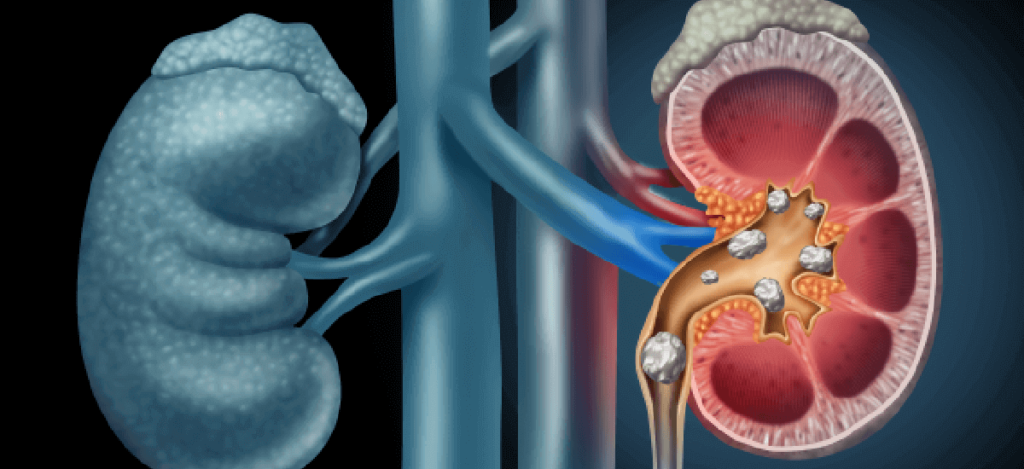Kidney stones are small, hard deposits that form in the kidneys and can cause significant pain and discomfort. Diet plays a crucial role in both the prevention and management of kidney stones. Understanding which foods to include and avoid can help reduce the risk of developing these painful stones. Here’s a comprehensive guide on dietary strategies for kidney stone prevention.
Understanding Kidney Stones
There are several types of kidney stones, including calcium oxalate, calcium phosphate, uric acid, and struvite stones. Each type has different dietary considerations, but some general principles apply across the board.
Hydration: The Cornerstone of Prevention
1. Drink Plenty of Fluids:
- Aim for at least 2-3 liters of water per day. Staying well-hydrated helps dilute urine, reducing the concentration of minerals that can form stones.
- Include other hydrating beverages like herbal teas and diluted fruit juices. Avoid sugary and caffeinated drinks, which can increase the risk of stones.
Dietary Recommendations for Different Types of Stones
2. Calcium Oxalate Stones:
- Limit Oxalate-Rich Foods: Foods high in oxalate, such as spinach, beets, nuts, chocolate, and tea, should be consumed in moderation.
- Calcium Intake: Contrary to popular belief, consuming adequate dietary calcium can help prevent stones. Aim for 1,000-1,200 mg of calcium per day from foods like dairy products, leafy greens, and fortified foods.
- Reduce Sodium: High sodium intake increases calcium excretion in urine, raising the risk of stones. Limit sodium to 2,300 mg per day or less.
3. Uric Acid Stones:
- Limit Purine-Rich Foods: Reduce intake of purine-rich foods such as red meat, organ meats, shellfish, and certain fish like sardines and anchovies.
- Moderate Protein Intake: While protein is essential, excessive intake can increase uric acid levels. Aim for moderate protein consumption, focusing on plant-based sources.
4. Calcium Phosphate Stones:
- Monitor Calcium and Phosphate Intake: Balance calcium intake without exceeding recommendations. Limit foods high in phosphate, such as processed foods, colas, and certain types of cheese.
5. Cystine Stones:
- Increase Fluid Intake: Cystine stones are rare and often hereditary. The primary dietary strategy is to drink large amounts of fluids to dilute urine.
General Dietary Tips
6. Maintain a Balanced Diet:
- A diet rich in fruits, vegetables, whole grains, and lean proteins supports overall kidney health. These foods provide essential nutrients and fiber that help reduce the risk of stones.
7. Limit Sugar and Sugary Foods:
- High sugar intake, especially from sweetened beverages and processed foods, can increase the risk of kidney stones.
8. Control Weight:
- Being overweight can increase the risk of kidney stones. A balanced diet and regular physical activity help maintain a healthy weight.
9. Limit Vitamin C Supplements:
- Excessive vitamin C intake can increase oxalate levels in the urine. Stick to recommended daily allowances unless advised otherwise by a healthcare provider.
Conclusion
Preventing kidney stones involves a combination of dietary and lifestyle changes. By staying hydrated, moderating intake of certain foods, and maintaining a balanced diet, you can significantly reduce your risk of developing kidney stones. Always consult with a healthcare provider or a registered dietitian for personalized advice, especially if you have a history of kidney stones or other medical conditions.
Remember, small changes in your diet can lead to significant improvements in kidney health and overall well-being. Start implementing these strategies today to keep kidney stones at bay and ensure a healthier future.

